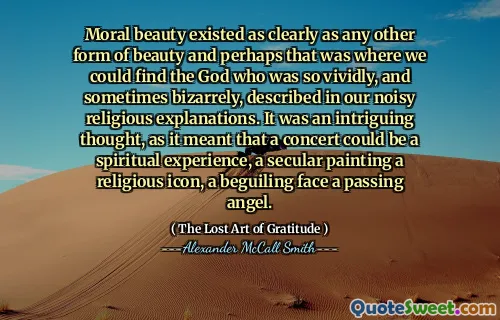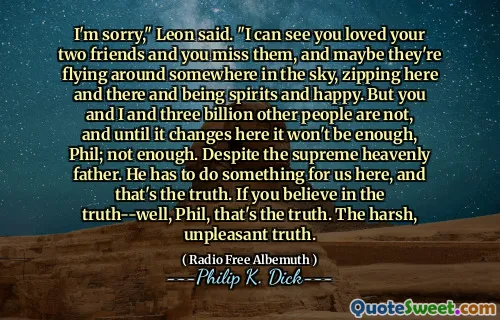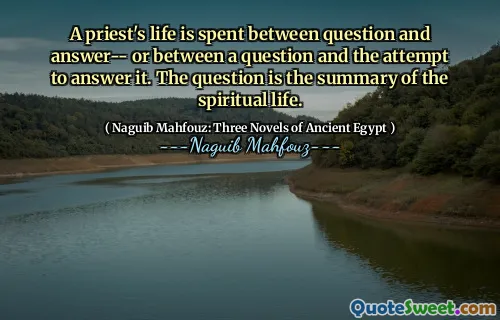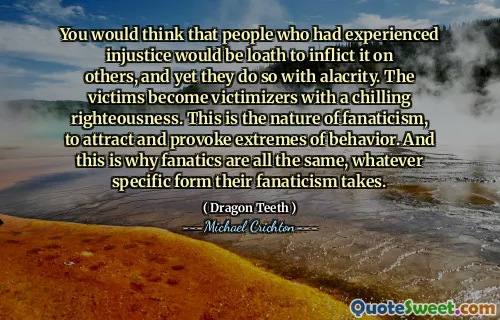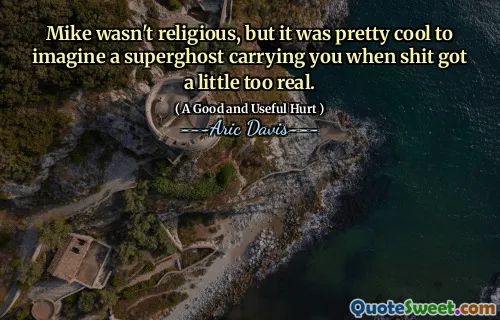I learned about religion the way most children learned about sex, {in the schoolyard}. . . . They terrified me by telling me there was a dead man in the sky watching everything I did and I retaliated by explaining where babies came from. Some of their mothers phoned mine to complain, though I think I was more upset than they were: they didn't believe me but I believed them.
In Margaret Atwood's "Surfacing," the narrator reflects on her early experiences with religion, likening her understanding to how children learn about sex—through casual, often frightening conversations among peers. The fear instilled by the belief in a punitive deity led her to counter with the stark truth about human reproduction, showcasing a child’s instinctive need to challenge and make sense of intimidating concepts. The reaction from her peers' mothers indicates a tension between childlike innocence and adult concerns about appropriate topics. Although the children did not accept her explanation, the narrator felt the weight of belief on her shoulders, highlighting how deeply these frightful ideas affected her psyche during formative years. Atwood captures the struggle between fear and understanding in childhood, especially regarding profound topics such as religion and existence.
In Margaret Atwood's "Surfacing," the narrator reflects on her early experiences with religion, likening her understanding to how children learn about sex—through casual, often frightening conversations among peers. The fear instilled by the belief in a punitive deity led her to counter with the stark truth about human reproduction, showcasing a child's instinctive need to challenge and make sense of intimidating concepts.
The reaction from her peers' mothers indicates a tension between childlike innocence and adult concerns about appropriate topics. Although the children did not accept her explanation, the narrator felt the weight of belief on her shoulders, highlighting how deeply these frightful ideas affected her psyche during formative years. Atwood captures the struggle between fear and understanding in childhood, especially regarding profound topics such as religion and existence.
